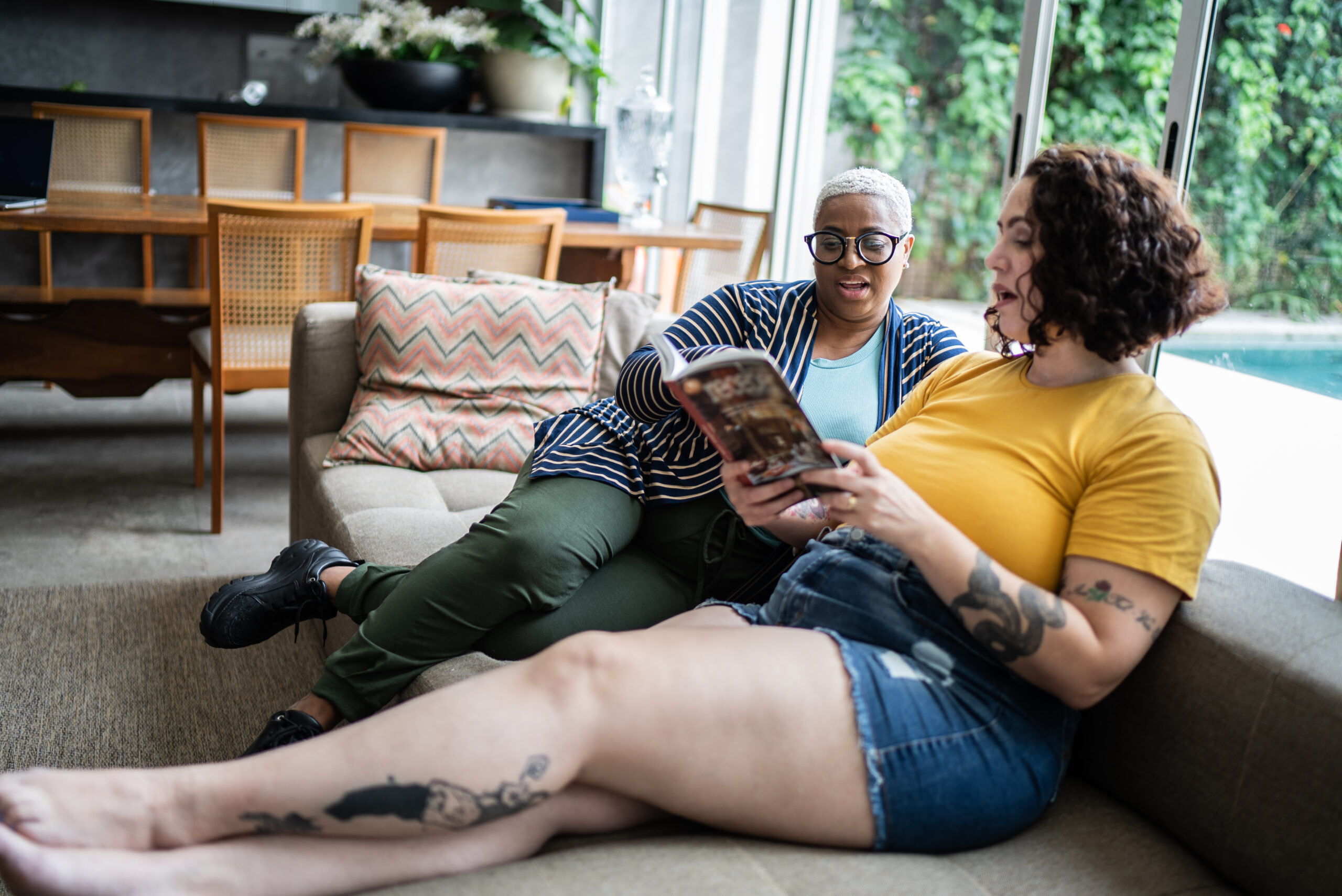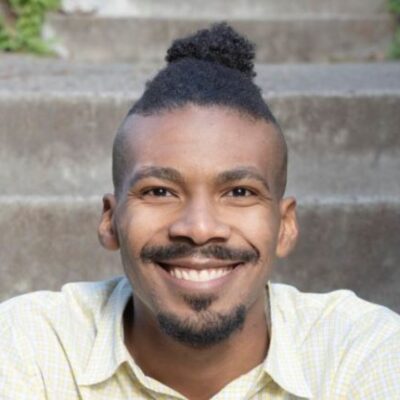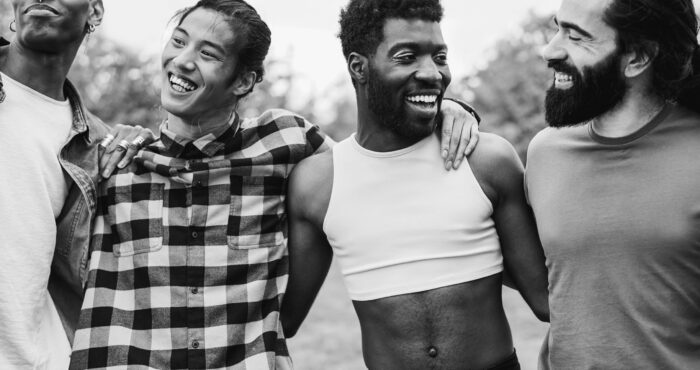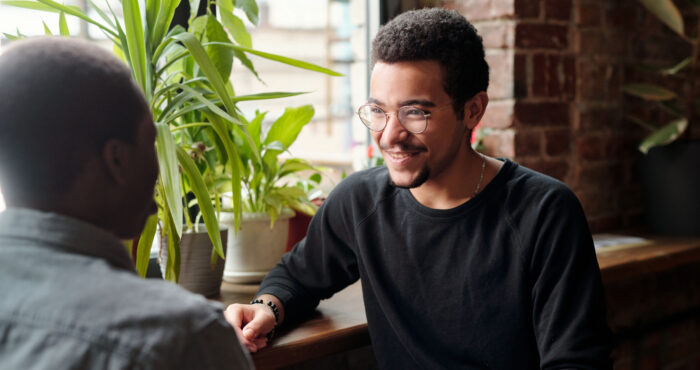Erasure and censorship of LGBTQ+ and HIV stories harms us all

I first heard about the McCarthy Era in the yellowed pages of my high school history books. Fear-mongering and intolerance gripped the United States, prompting zealous campaigns to purge books that dared address “unsuitable” themes. Books that discussed sexuality, gender, LGBTQ+ identities, and so much more were swept away from bookshelves, fueled by a censorship machine.
Decades later, those times feel far from long gone. We need only to look around—the spirit of suppression and erasure is alive and well, haunting us still.
In the face of growing attempts to ban books that feature queer and underrepresented stories from schools and libraries, I am compelled to speak out against this dangerous assault on our stories, our identities, and our very humanity. As a writer and a queer Black person, I have experienced firsthand the transformative power of seeing oneself reflected in the pages of a book. Sometimes, the safest place I can feel in a world that can be alienating to my identities is in between the pages of a book. Yet, there are forces who are working tirelessly to erase these human experiences that I so clearly need to enrich my soul. And, undeniably, their efforts are working…
PEN America reports a 33% increase in banned books in the 2022-23 school year, with LGBTQ+ themes being a primary target. The American Library Association found a 92% rise in censorship of titles in public libraries, with LGBTQ+ content being the most challenged. Among the frequently banned works are those that depict the honest, loving, and authentic lives of everyday people.
As described in a NYT Opinion piece titled “There’s More Than One Way to Ban a Book,” the threat of censorship is even affecting which books get published in the first place. Fearing controversy, backlash, or the economic impact of having a title challenged or removed from shelves, publishers screen and discard manuscripts with LGBTQ+ themes or characters. Editors, as gatekeepers in the publishing process, wield power to dam the flow of stories coming through, preventing books from ever having the opportunity to prove their impact before they can even be heard. And such a dynamic may lead LGBTQ+ authors to ask, “Should I even try to tell my story at all?”
Without the bravery of queer authors, we wouldn’t have Pedro and Me, Judd Winick’s San Francisco-set graphic memoir about his friendship with Pedro Zamora, a young gay man with AIDS. Because of its candid depiction of Pedro’s life and the realities of the AIDS epidemic, this heartfelt and educational work has been repeatedly challenged and banned.
Pedro’s story is not shameful. It’s inspiring. When we ban books about HIV and AIDS, we deprive our communities of the chance to learn about the disease, understand its history, and hear stories written with honesty and compassion. In fact, banning HIV and AIDS stories rolls back the clock on the hard-won victories of the past few decades. While we have only recently begun to see more diverse and authentic portrayals of people living with HIV in media and literature, erasing these stories from shelves threatens to undo this progress.
Valentina Gomez, a self-proclaimed “America First” Republican, set LGBTQ+ inclusive books ablaze with a flamethrower as part of her campaign for Missouri secretary of state. This shocking act of censorship and hatred is part of a larger, dangerous trend. It sends a message to queer communities that the unchangeable parts of ourselves are not worth dignity and respect.
(I will note that it gives me a glimmer of hope that such a candidate barely rose to the top of the competition, bringing in only 7.4% of the votes in her primary.)
We must vote and put pressure on our elected officials to protect queer and underrepresented stories and bring about change. Call your library and ask if challenged HIV and AIDS books like Pedro and Me remain in circulation. Donate to help libraries resist pressure to remove such works. And share the books of underrepresented stories on social media that inspire you, recommend them to others, and advocate for their inclusion in school curriculums.
The battle for LGBTQ+ representation is far from over. But in the face of growing censorship, let us remember the words of the great Audre Lorde: “Your silence will not protect you.” Let us raise our voices, share our stories, and fight like hell to ensure our reflections remain on those shelves, in those schools, and in the hands of all of us who need them most.










